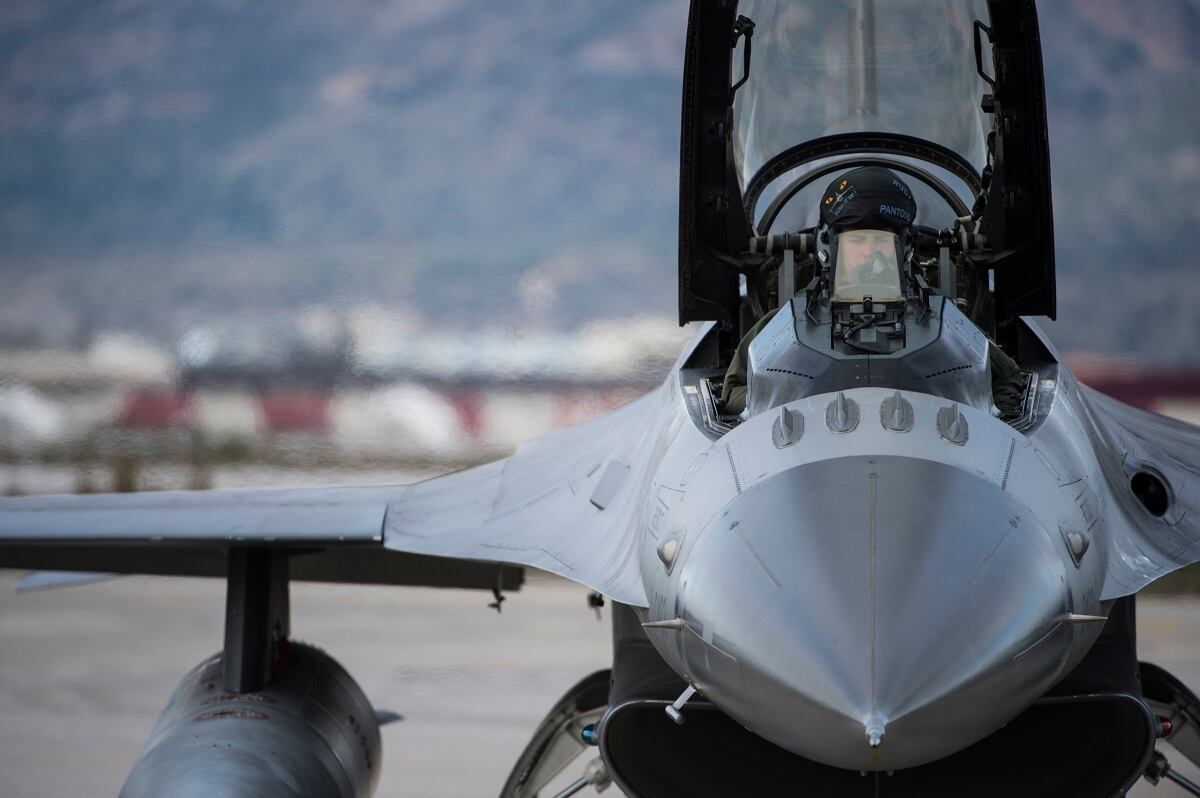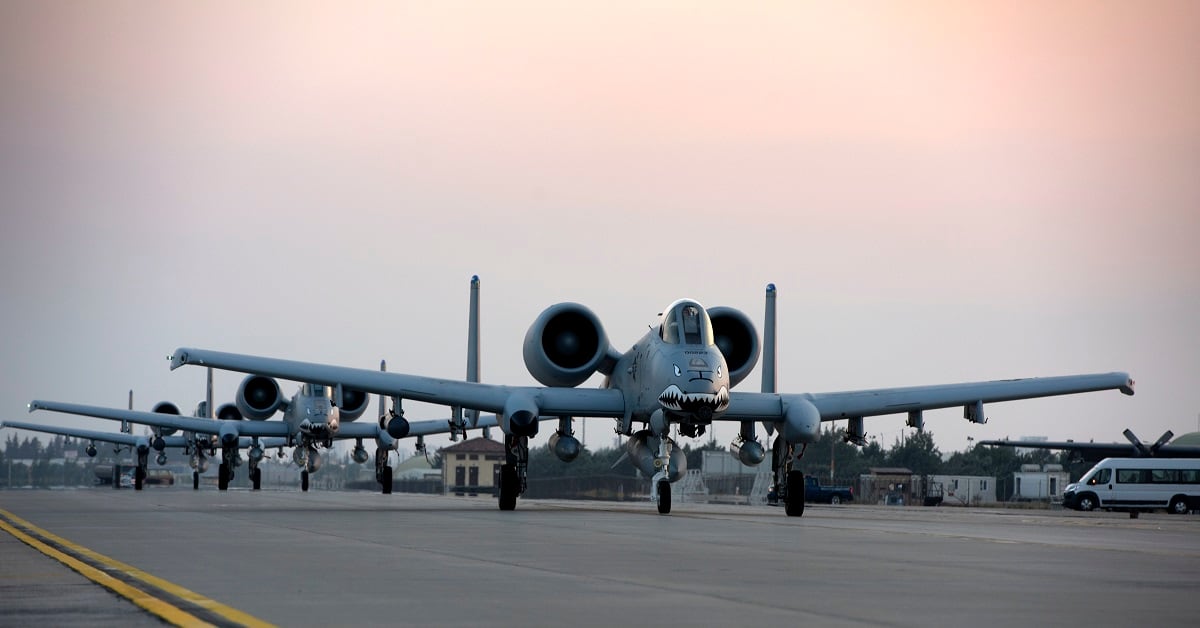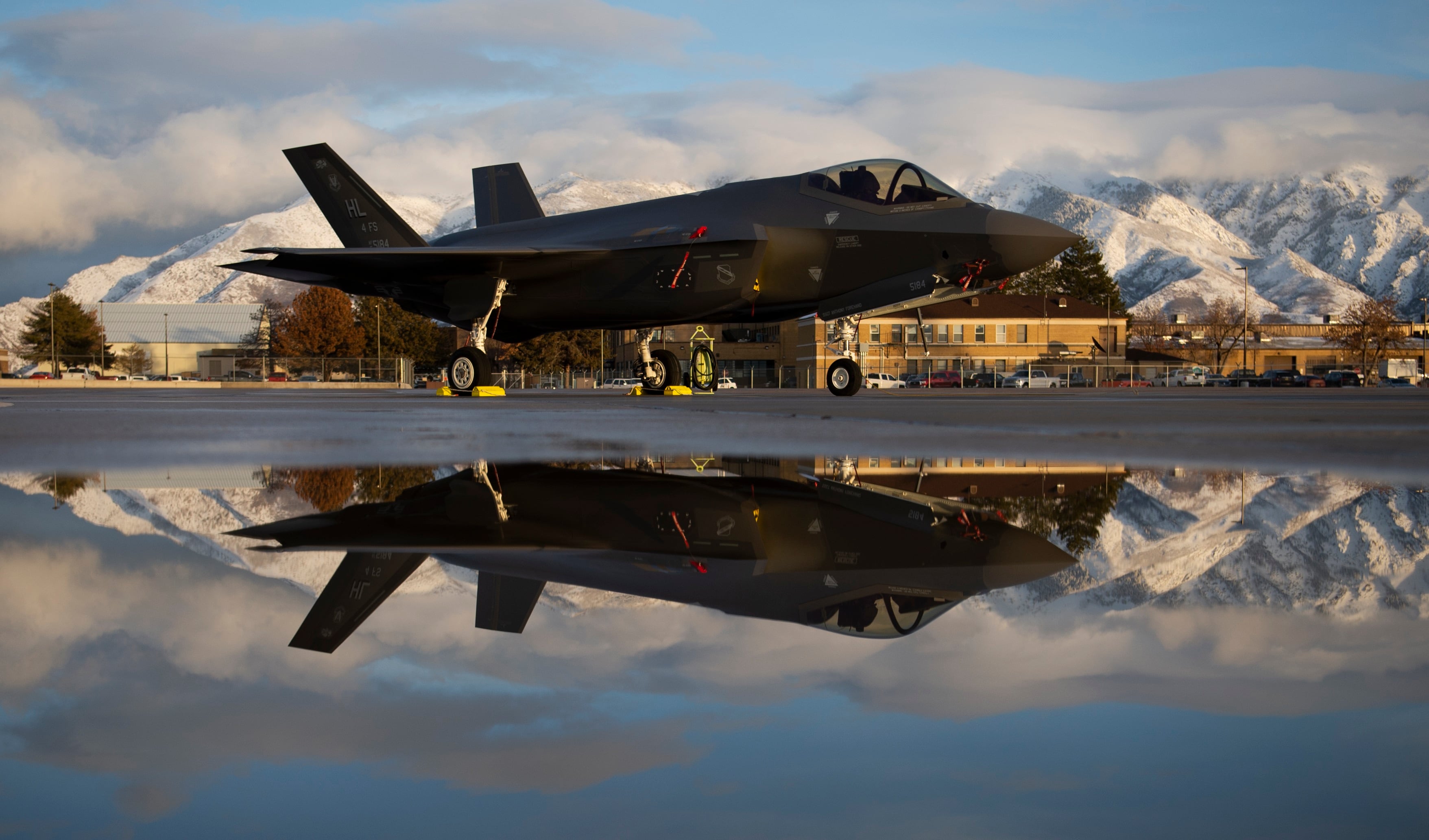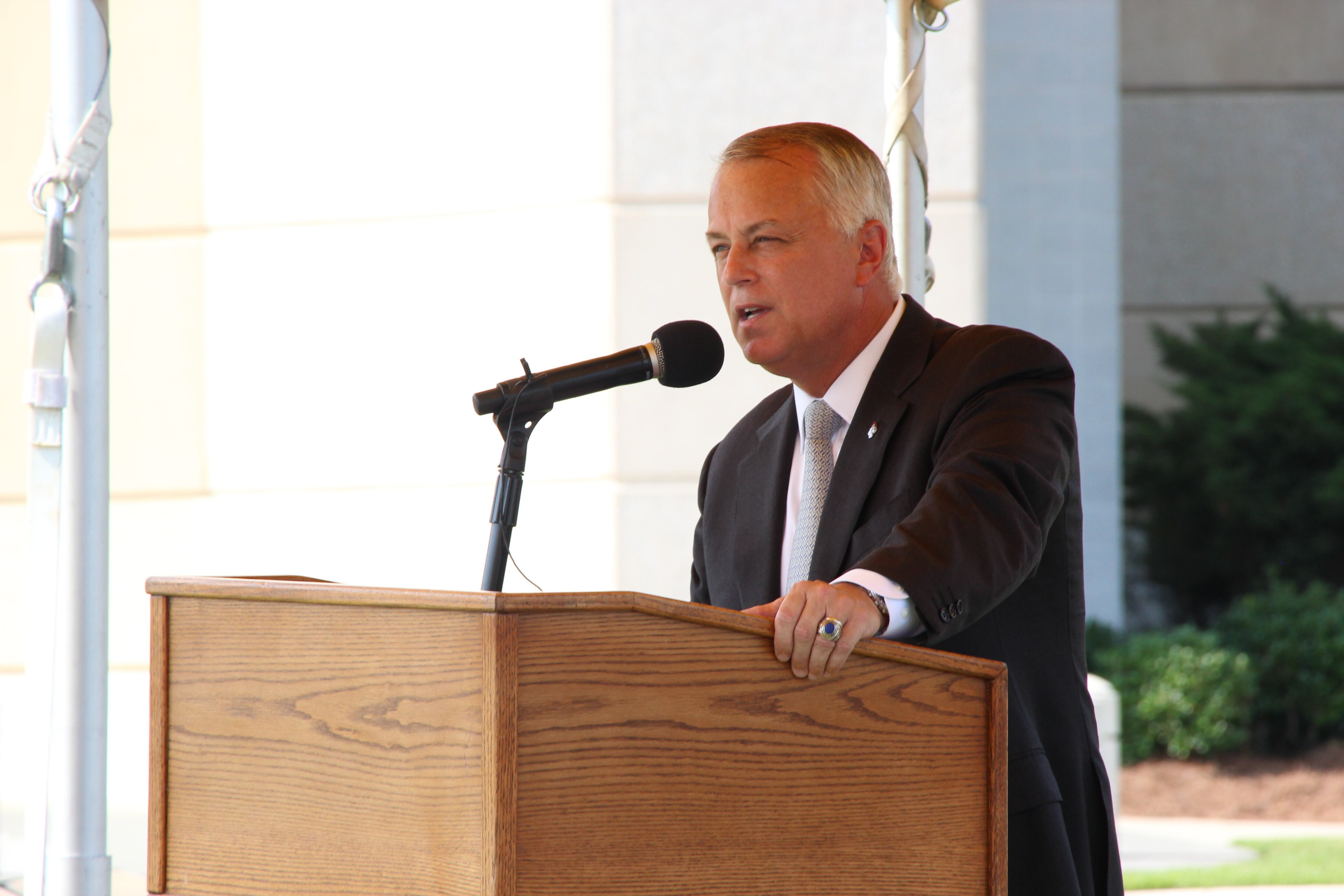Greek officials are seeking closer ties to the U.S. military, a move that occurs as Turkey refuses to back down on acquiring a Russian air defense system that could compromise NATO aircraft.
Athens and Washington have been discussing expanded operations at Larissa Air Base, in central Greece, which includes potentially stationing KC-135 tankers and unmanned aerial vehicles there, as well as expanding training operations, according to Kathimerini, a daily Athens newspaper.
U.S. Air Forces Europe would not comment on future basing or force structure changes, but expanding training with the Greeks appears to be in the works regarding INIOHOS, an air exercise between NATO allies and partner nations.
“They have expressed desires to increase the scope and stature of the exercise, and we are happy to support them as we can on their efforts,” said a U.S. Air Forces Europe official. “The U.S. Air Force is preparing for Stolen Cerberus, a routine exercise between the Hellenic air force and U.S. Air Forces in Europe. As INIOHOS is a Hellenic air force-led exercise, we defer to them on plans for future iterations.”
Unarmed reconnaissance MQ-9 Reapers are flying from Larissa Air Base until August, Pentagon spokesman Eric Pahon said. However, he, too, refused to comment on discussions taking place that could expand that commitment, and deferred to previous remarks by Defense Department leaders.
Last year, then-Defense Secretary James Mattis teased the idea of an increased military presence in Greece for U.S. forces.
“There’s an open door for us; we have a close relationship,” Mattis said Oct. 9. “Really what it shows is the high, very high, levels of trust and transparency between us. And in that regard, we are always open to work with our NATO ally Greece on how we position our forces there in Europe."
Mattis’ Greek counterpart was certainly interested.

“It’s very important for Greece that the United States deploy military assets in Greece on a more permanent base, not only in Souda Bay but also in Larissa, in Volos, in Alexandroupoli," Greek Defense Minister Panagiotis Kammenos said during his October meeting with Mattis.
Alexandroupoli is a port near the Greek-Turkish border and Volos is a port near the Aegean Sea. U.S. Navy vessels frequently dock at Souda Bay on the Greek island of Crete. U.S. Air Force pilots have also flown training operations from Souda Bay in the past.
Larissa Air Base appears to be the primary focus of current aircraft negotiations, however, as Reaper drones are only contracted to fly from there until August.
“The MQ-9 deployment is a temporary move as we transition aircraft to a new location,” Pahon said. “This is the first time that ISR capabilities have been temporarily deployed to Greece.”
RELATED

Kathimerini reported that the discussions taking place include possibly replacing the Reapers with RQ-4 Global Hawks, though that was the least likely outcome, according to the paper.
Stationing KC-135 Stratotankers at Larissa Air Base is the first option being discussed. Those aircraft frequently fly out of Incirlik Air Base, Turkey, to support U.S. operations in the Middle East.
The decision to place Reaper drones in Greece already had the potential to upset the Turks, America’s other NATO ally in the region.
U.S. relations with Turkey have been strained since 2014, when the U.S. began backing Syrian Kurdish forces as a way to combat the Islamic State, while Turkey failed to actively target the group and was even alleged to have tacitly allowed ISIS recruits to enter Syria. It took a turn for the worse since an attempted coup d'état against Turkey’s government in July 2016.
Some of that tension has trickled over to U.S. Air Force personnel at Incirlik — a pivotal way-station in the air campaign against the Islamic State.
Pro-government Turkish lawyers filed charges in August 2018 against U.S. Air Force officers and enlisted airmen at Incirlik based on allegations that they were connected to the 2016 coup attempt, according to court documents unearthed by the Stockholm Center for Freedom, a group of exiled Turkish journalists.
“Any reports that U.S. government or military personnel had any previous knowledge or involvement in a Turkey coup attempt are baseless and completely false,” Mark Mackowiak, a U.S. European Command spokesman, said at the time.
The charges were filed at the chief public prosecutor’s office in Adana, where Incirlik is located. The lawyers who submitted the request are from the Association for Social Justice and Aid, which the exiled Turkish journalists described as a non-governmental organization fronting for senior Turkish officials.
RELATED

The lawyers also asked in their petition for the “arrest of the commanders of the U.S. Air Force who are the superiors of the soldiers based at İncirlik and took a role in the failed coup attempt on July 15, 2016,” according to the documents.
To Vima newspaper in Greece also reported in March 2018 that U.S. Assistant Secretary of State for European and Eurasian Affairs Wes Mitchell discussed moving a “significant portion” of the military presence from Incirlik to Greece during a visit to Athens.
Now, Washington and Ankara are involved in a public spat over Turkey’s decision to acquire the Russian-made S-400 air defense system, despite the Pentagon’s warning that such a purchase would compromise the F-35 stealth fighter, in which Turkey is a partner.
Greece may want to capitalize on the tensions in order to strengthen its own security posture vis-à-vis Turkey. The two countries have historic tensions over territorial waters and airspace.
Kyle Rempfer was an editor and reporter who has covered combat operations, criminal cases, foreign military assistance and training accidents. Before entering journalism, Kyle served in U.S. Air Force Special Tactics and deployed in 2014 to Paktika Province, Afghanistan, and Baghdad, Iraq.










